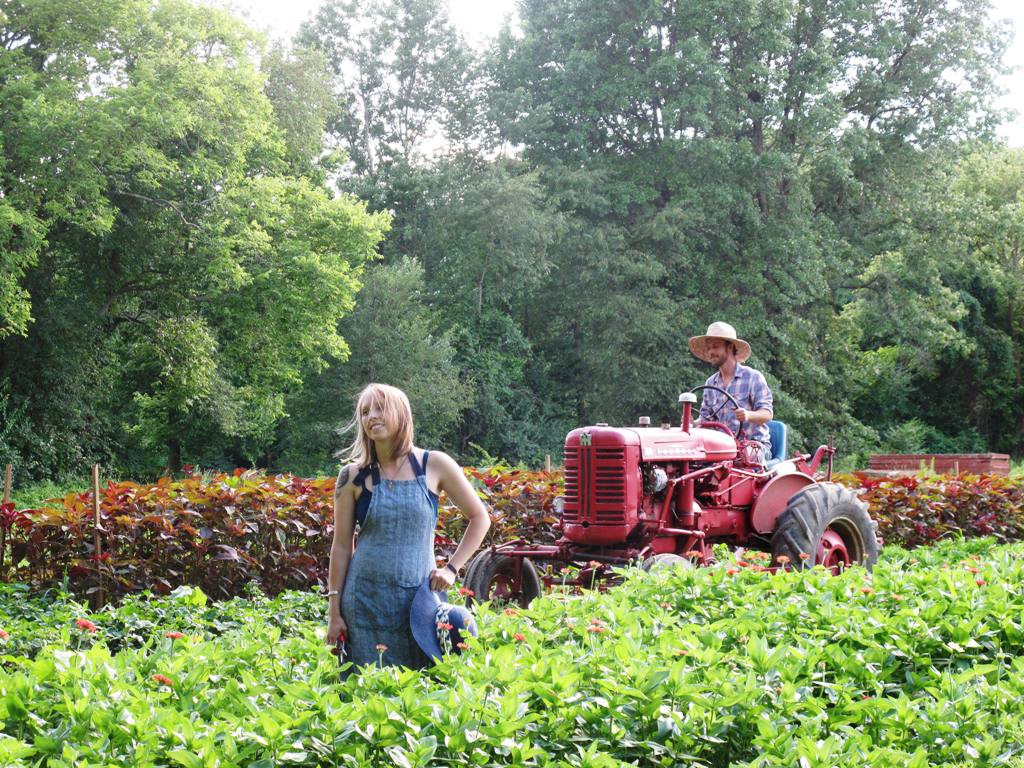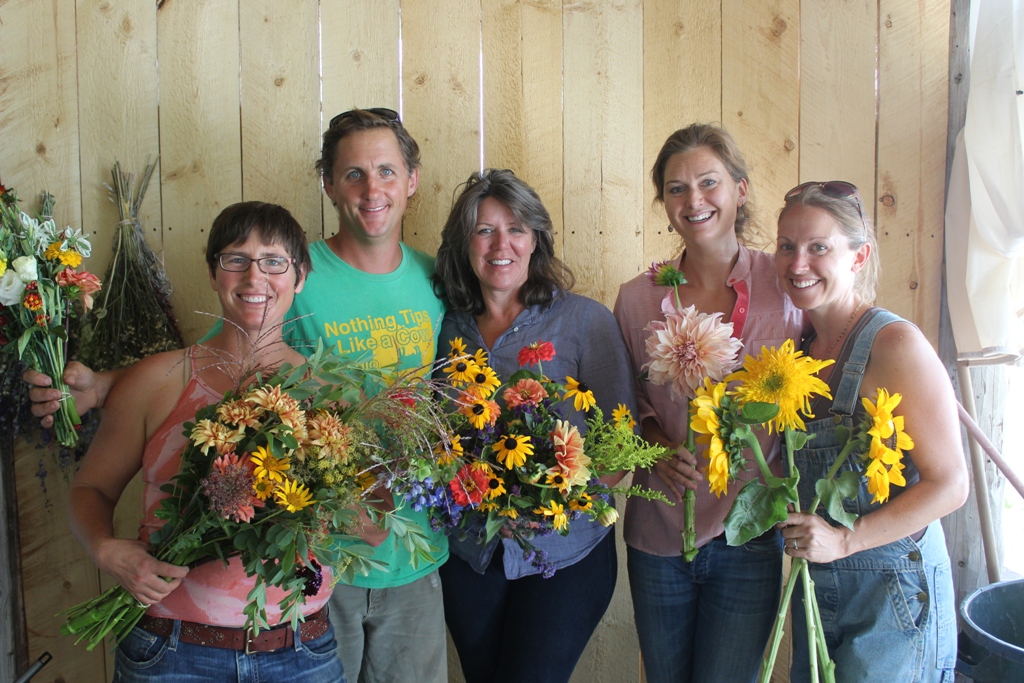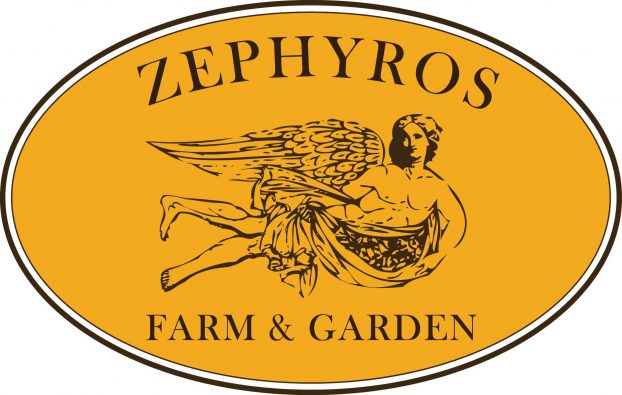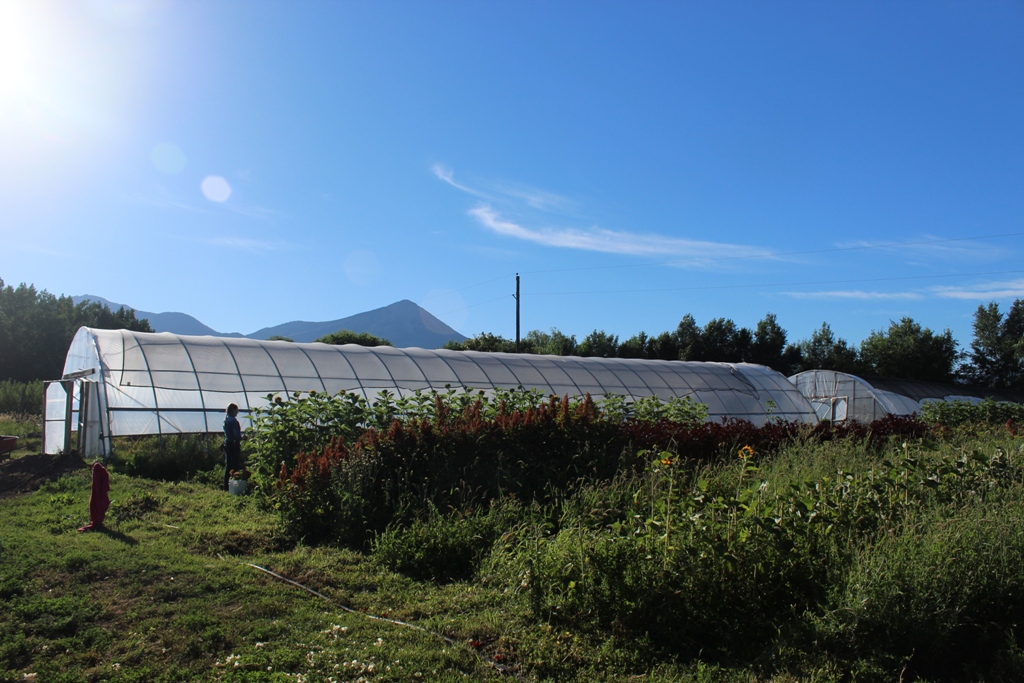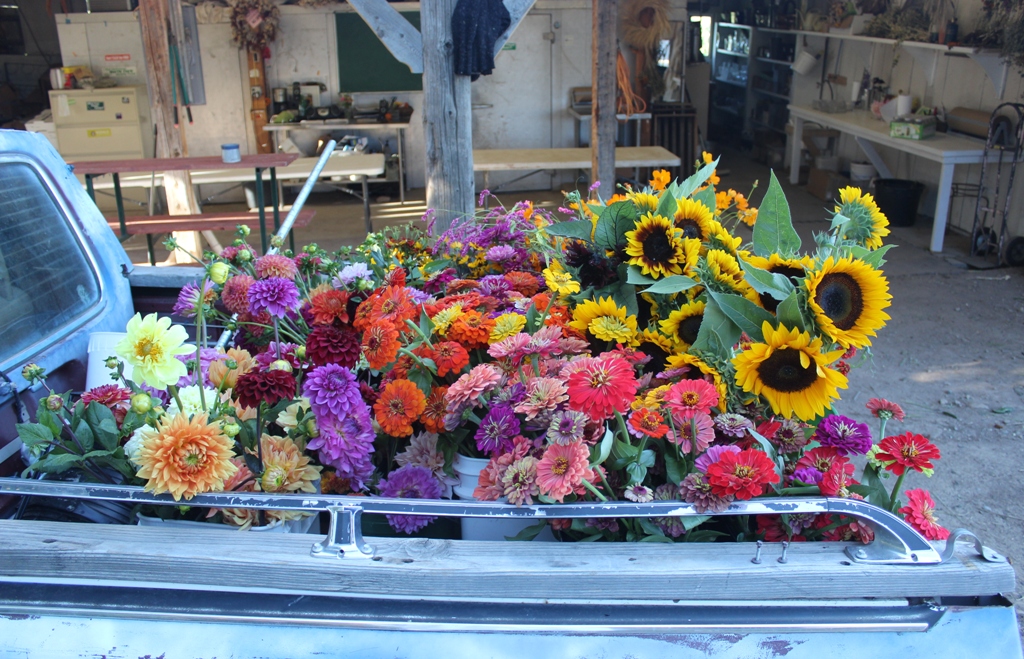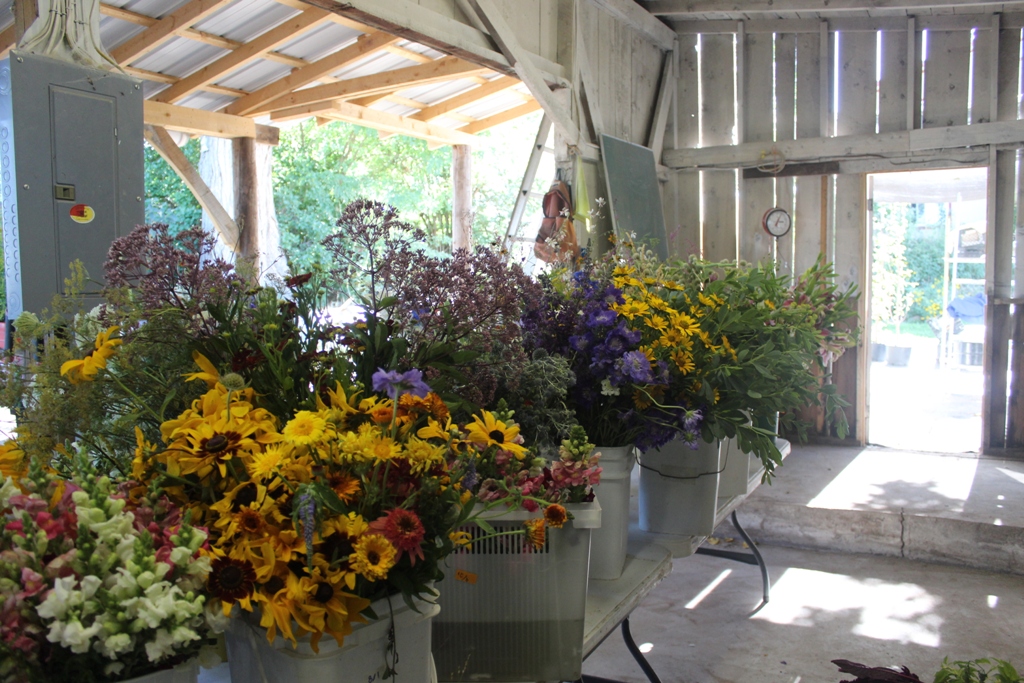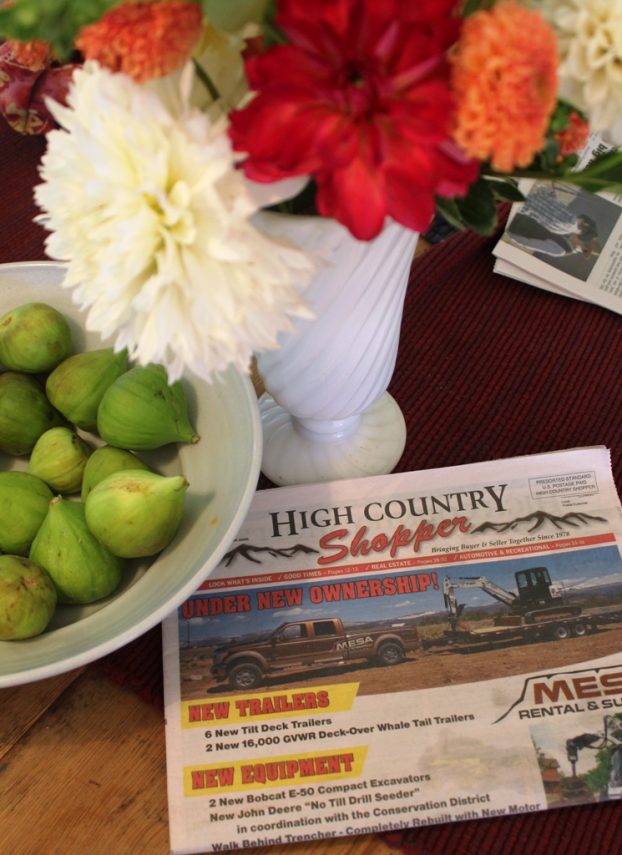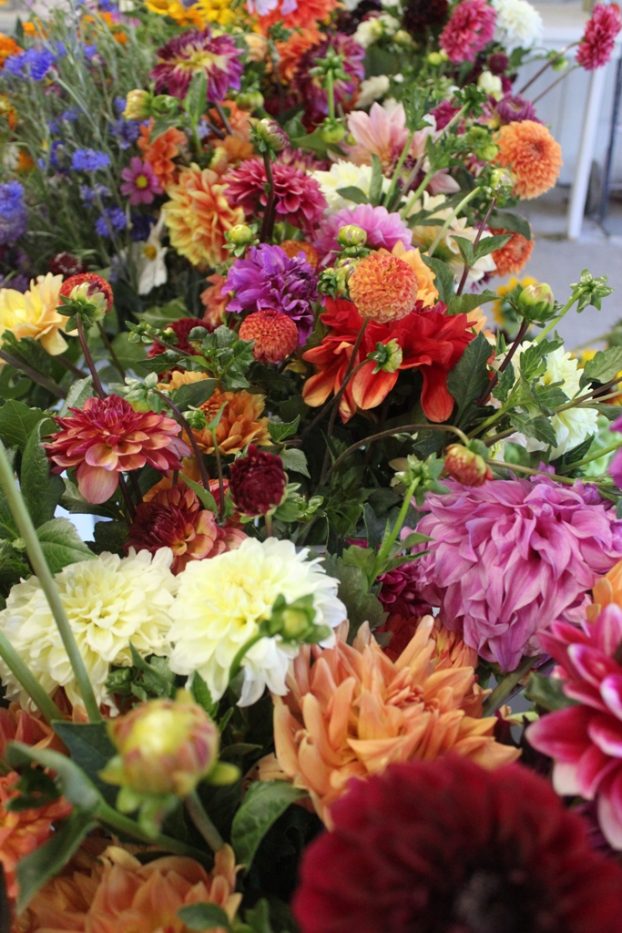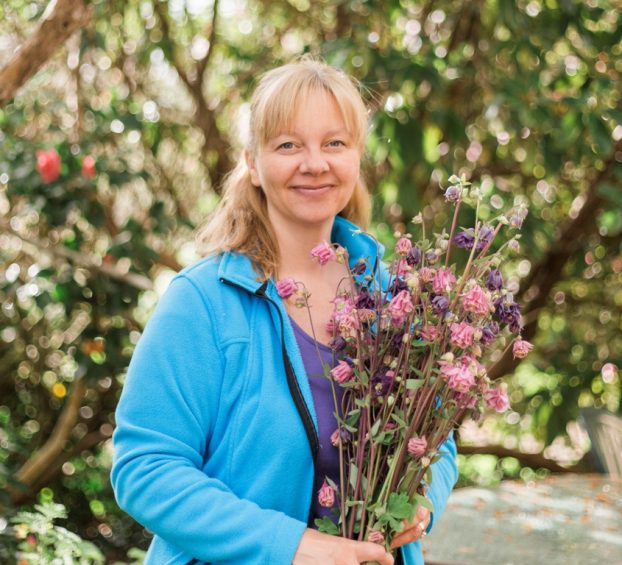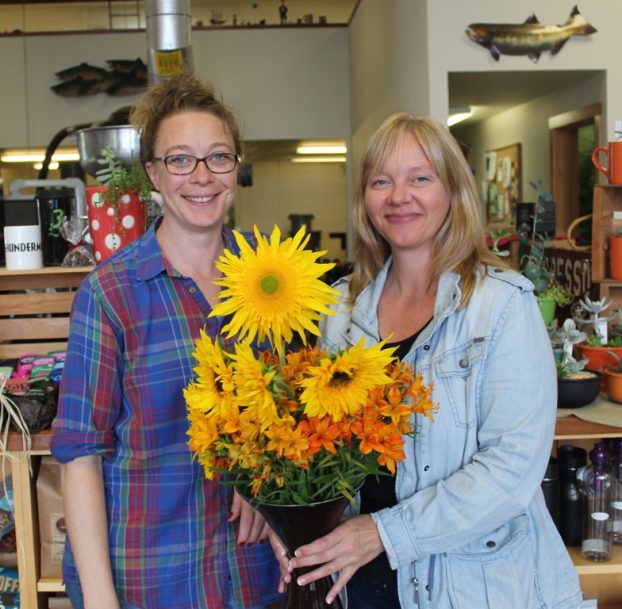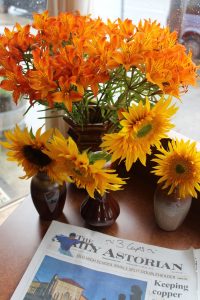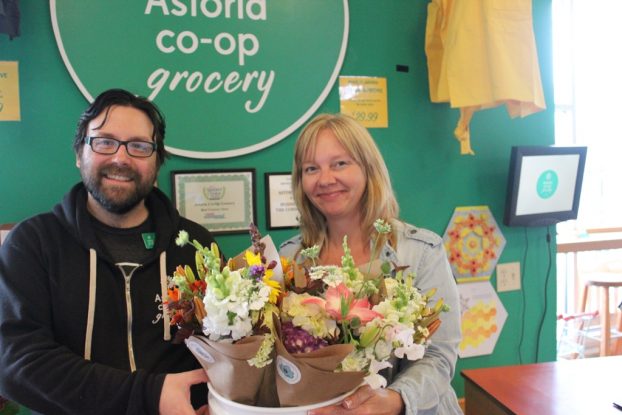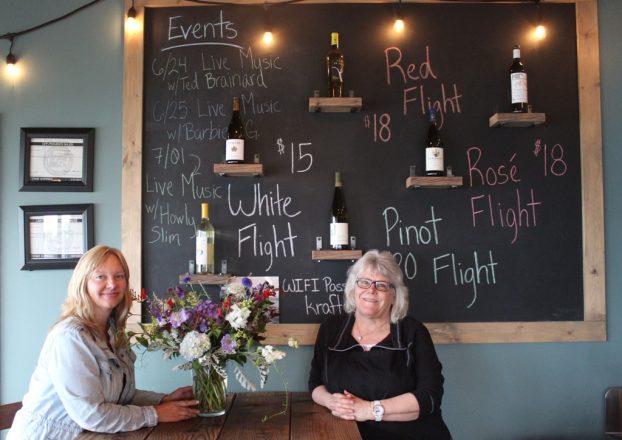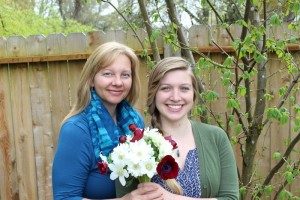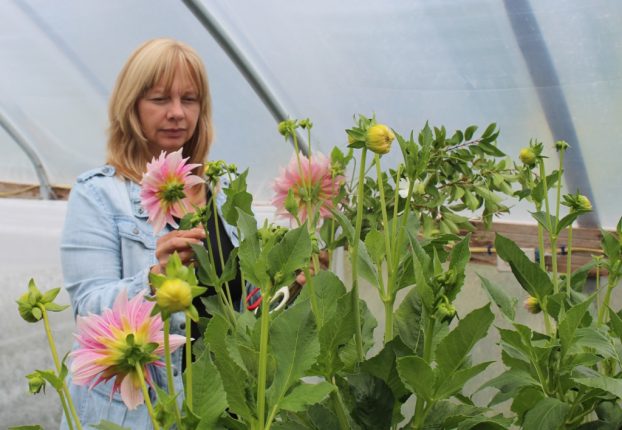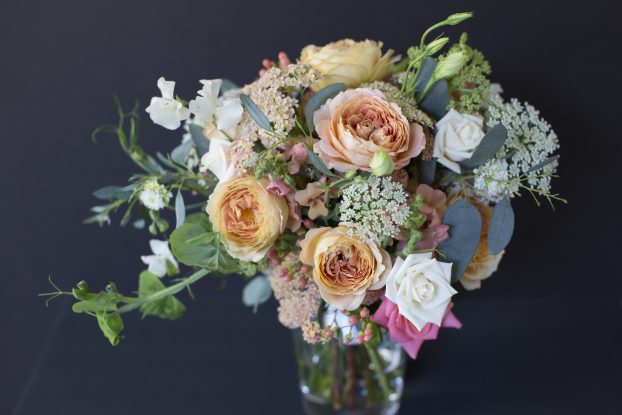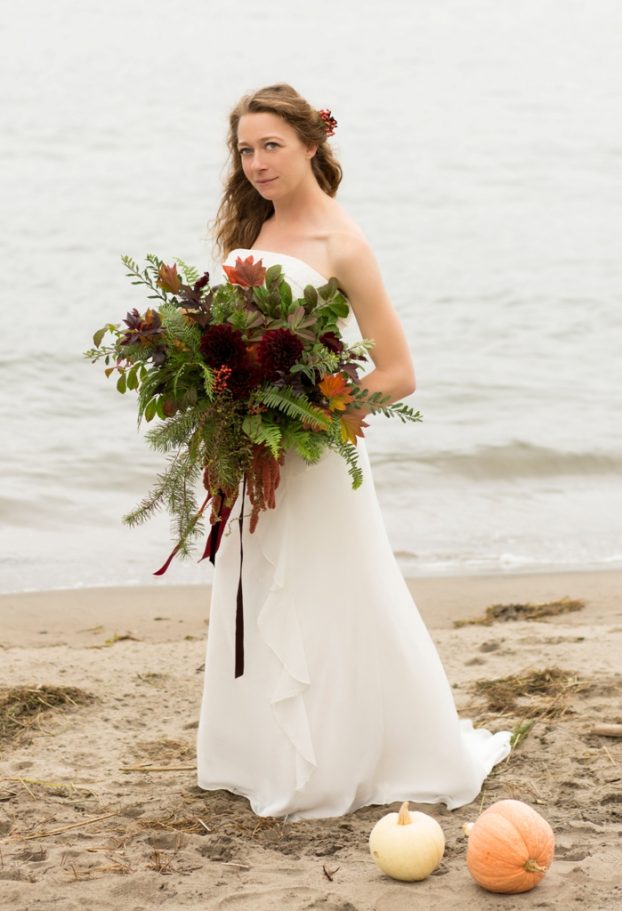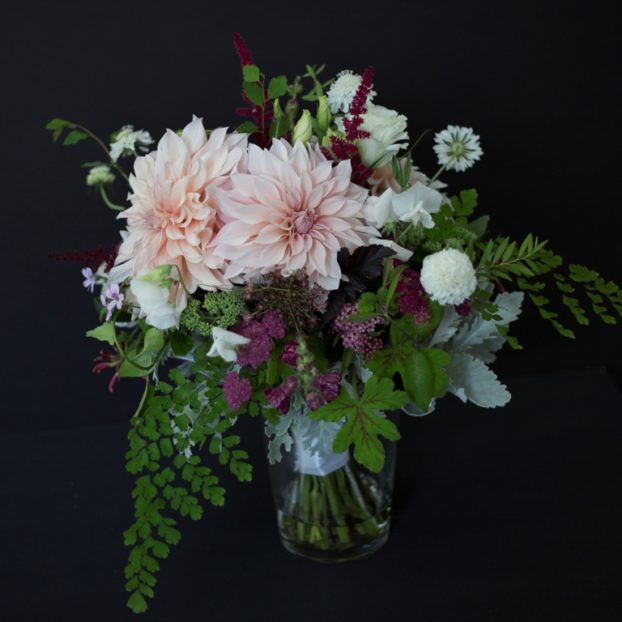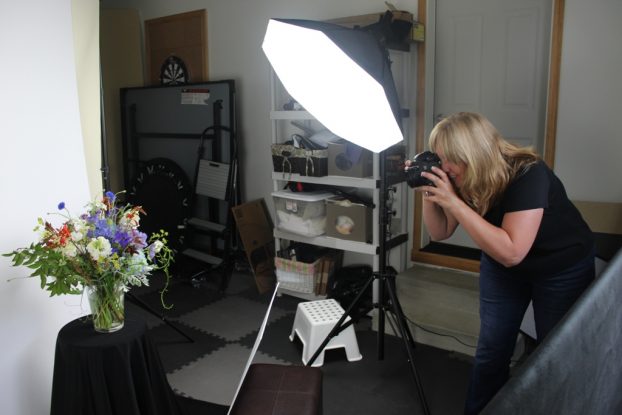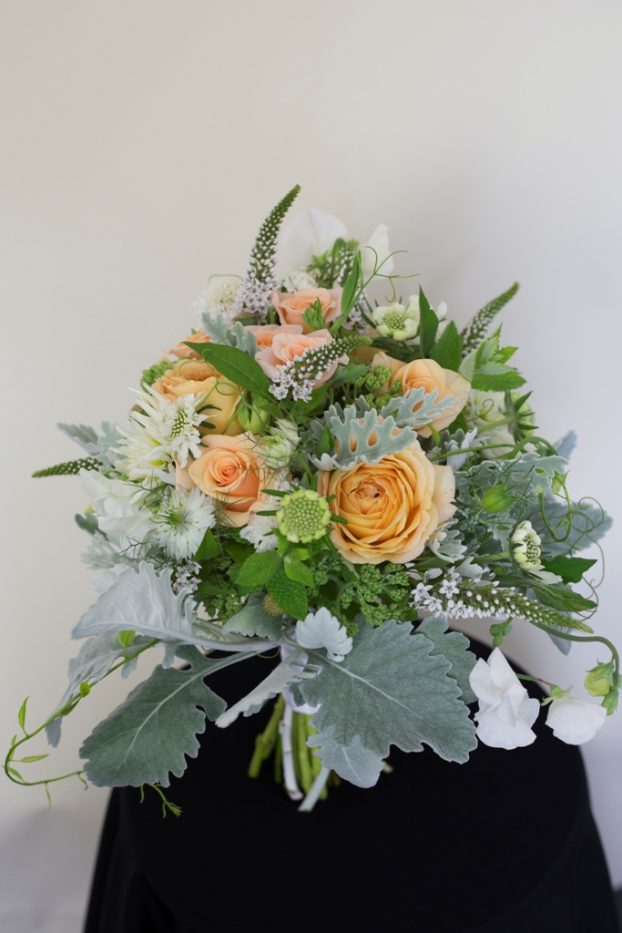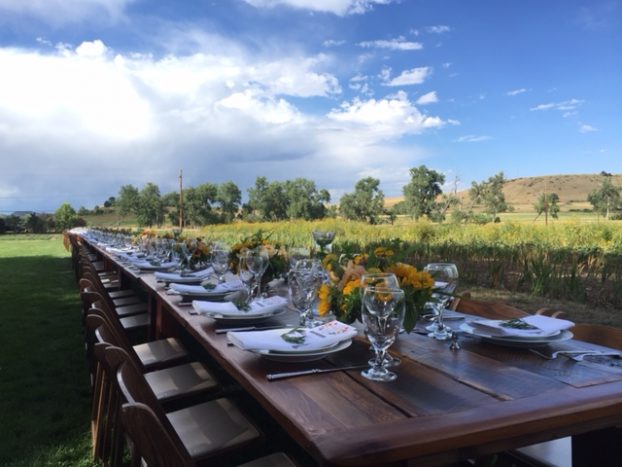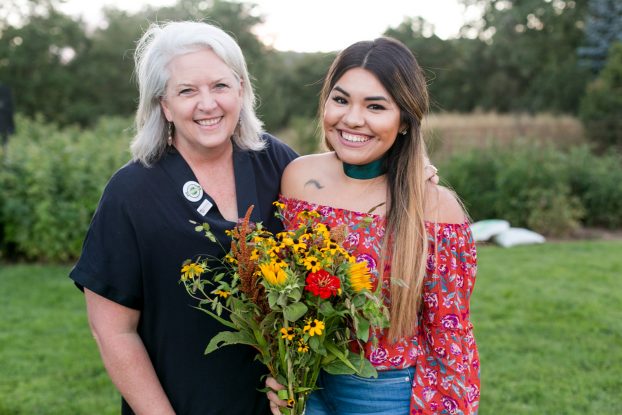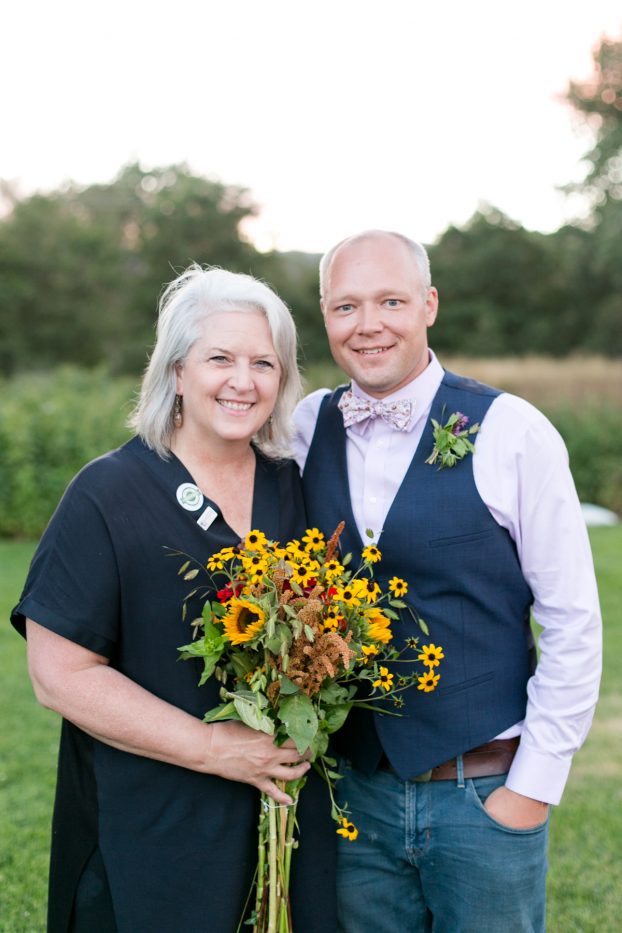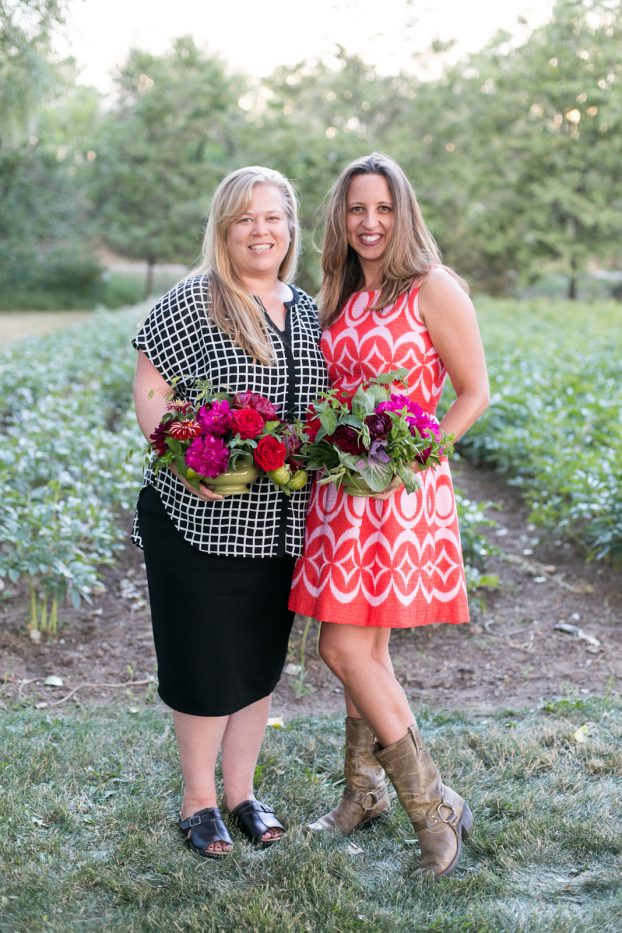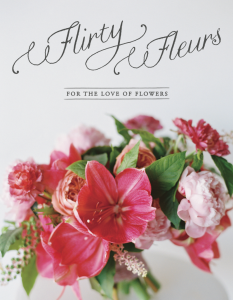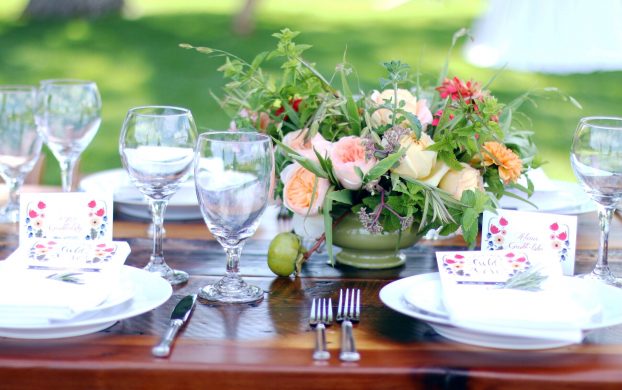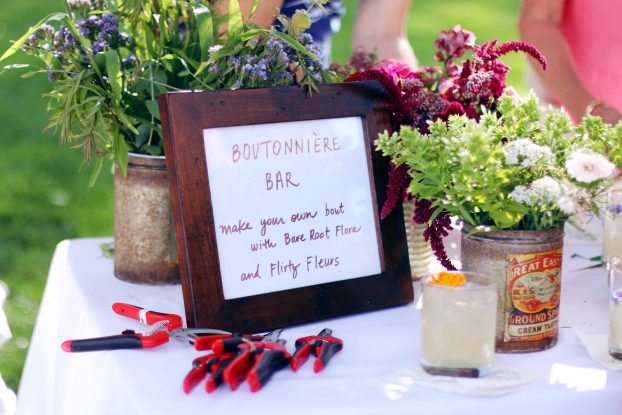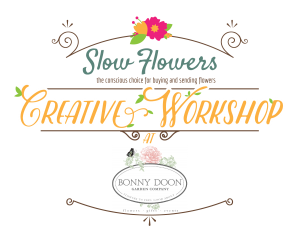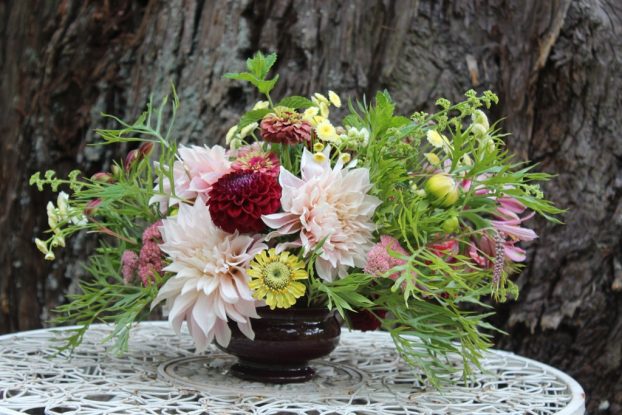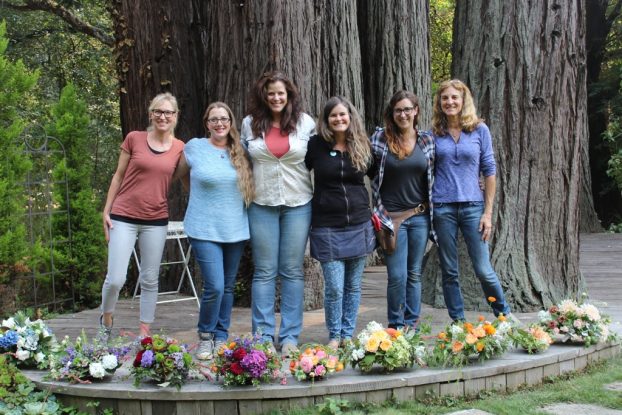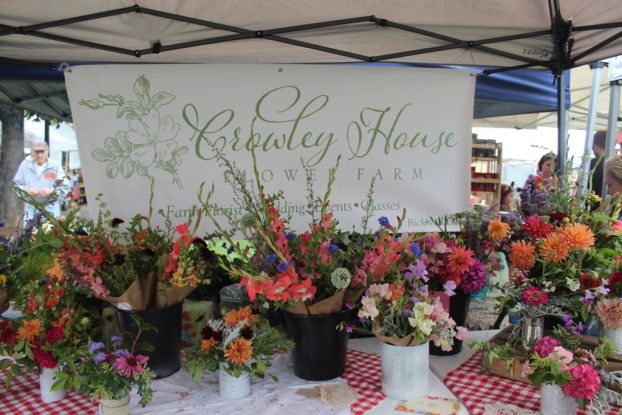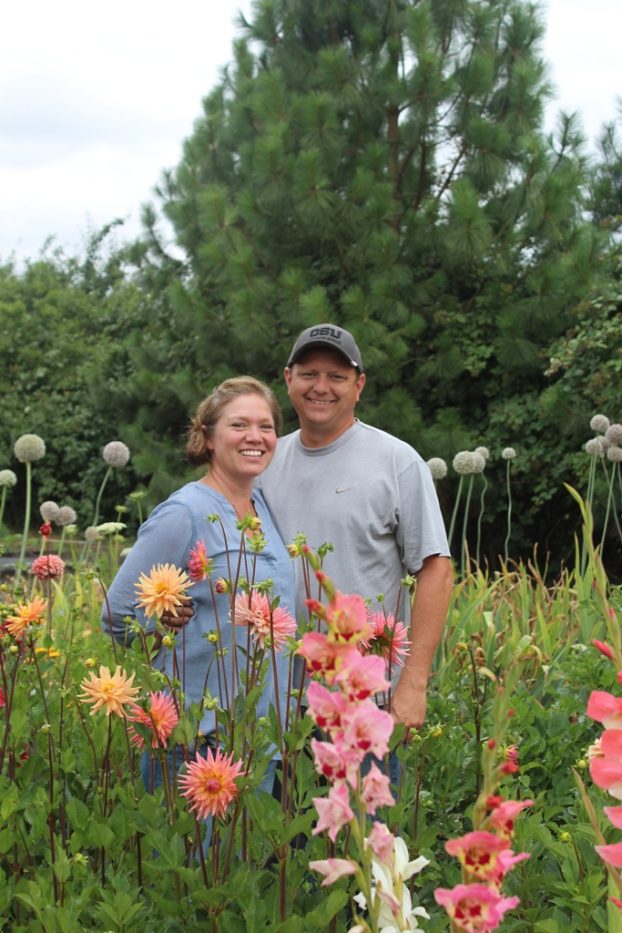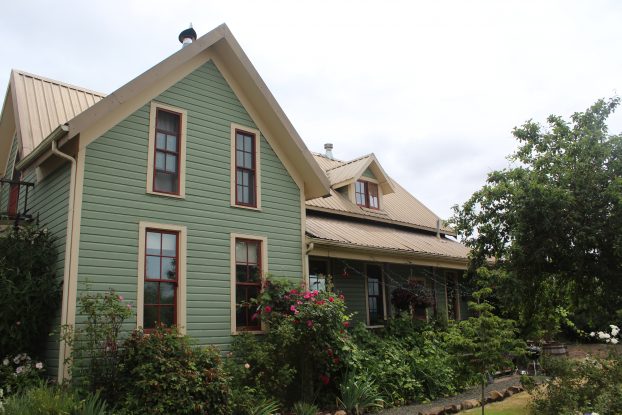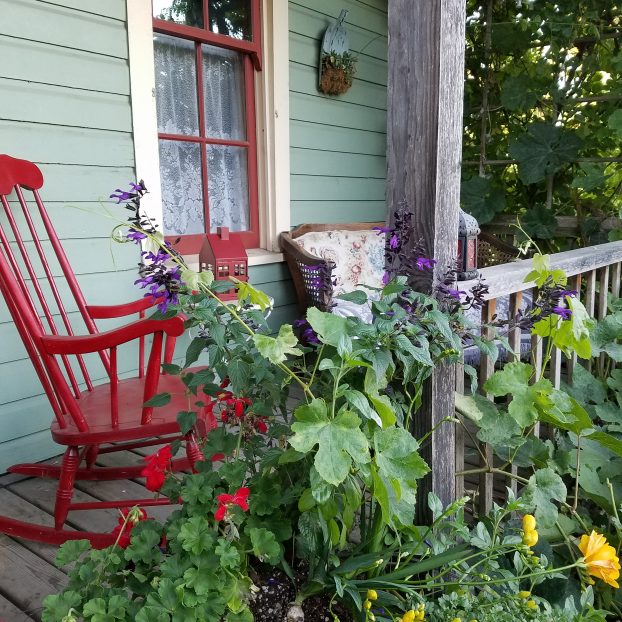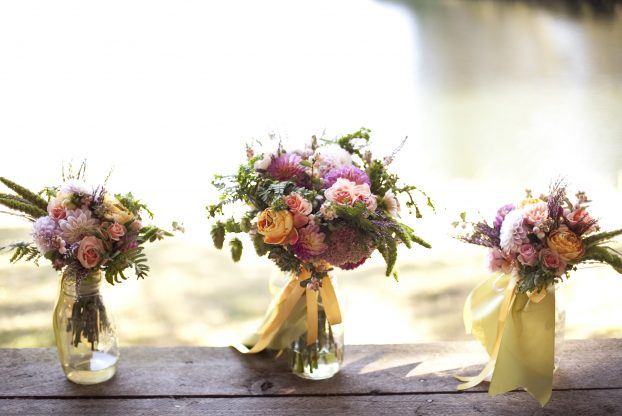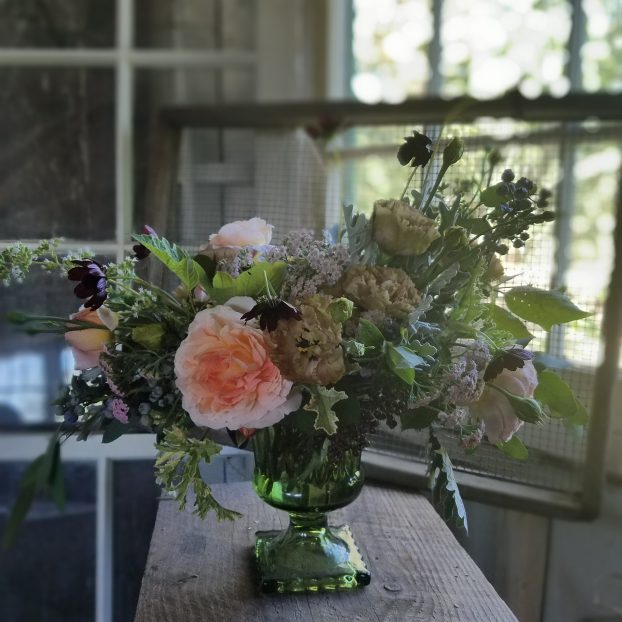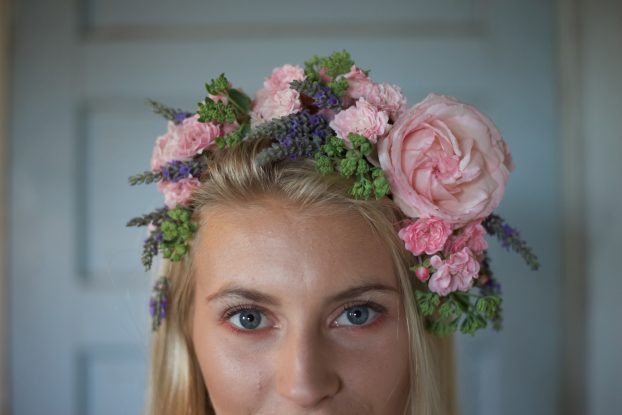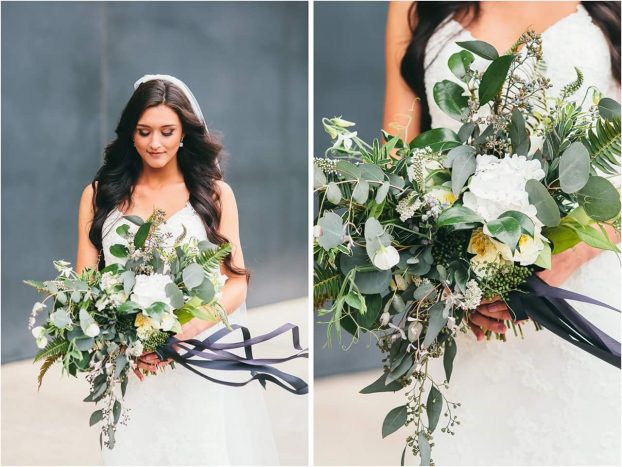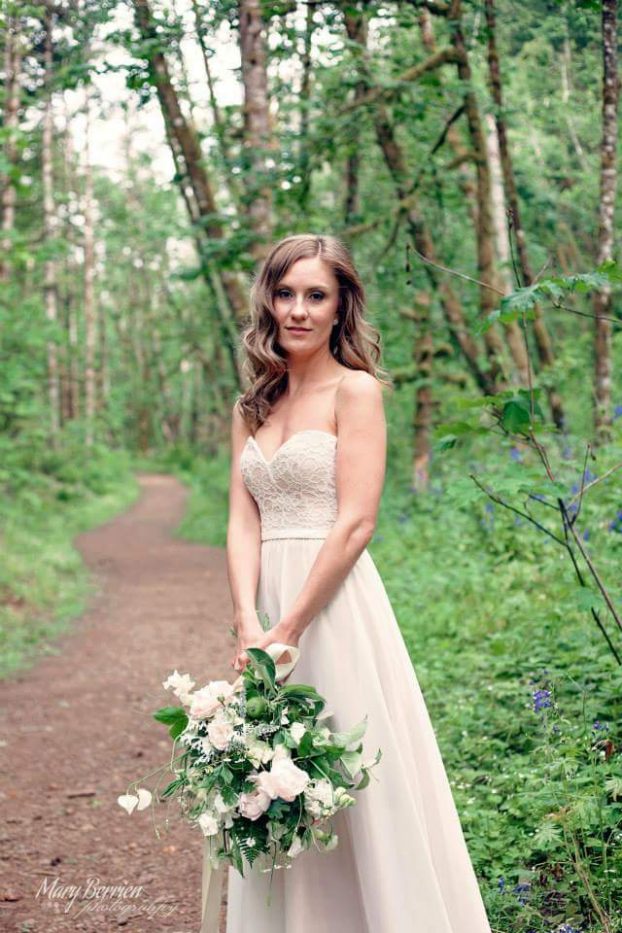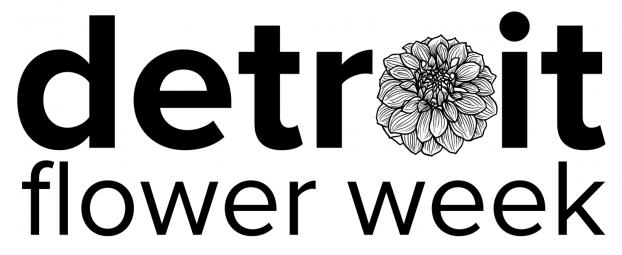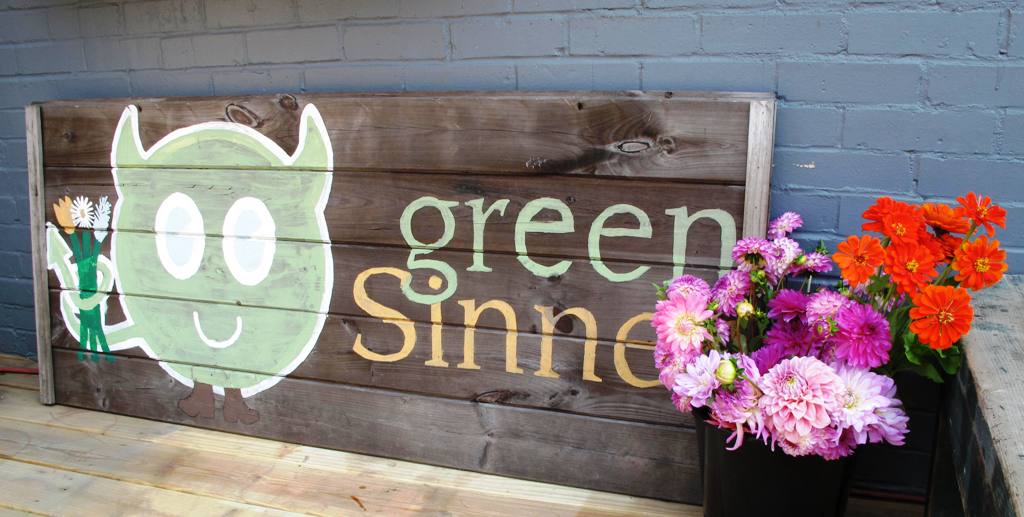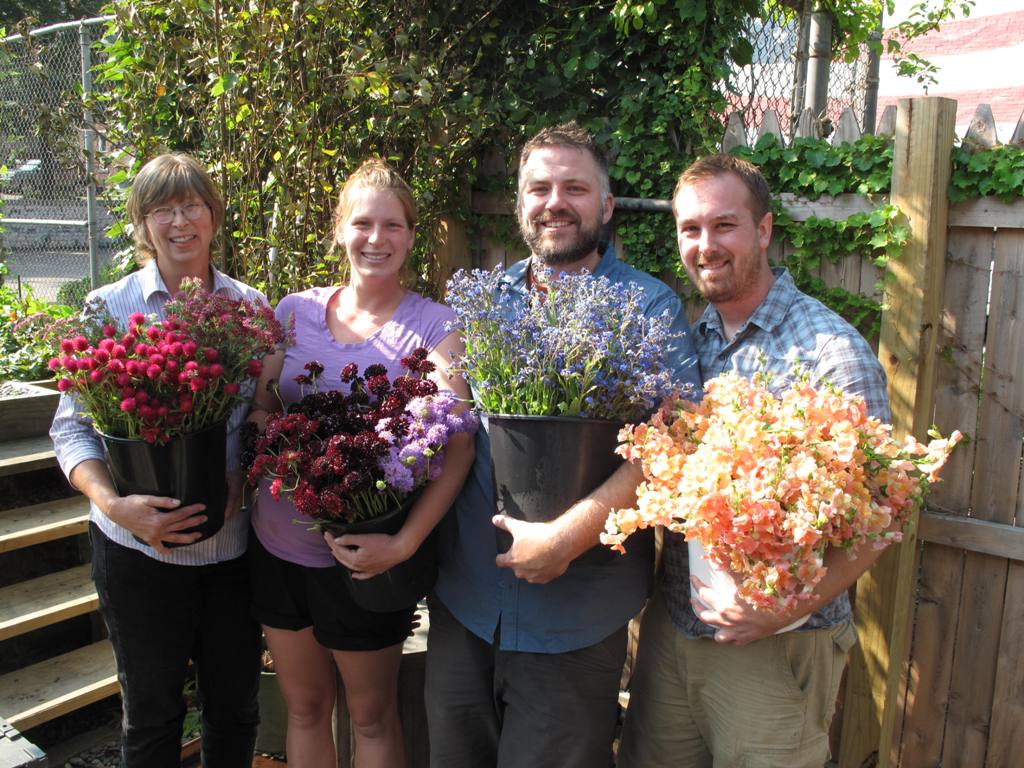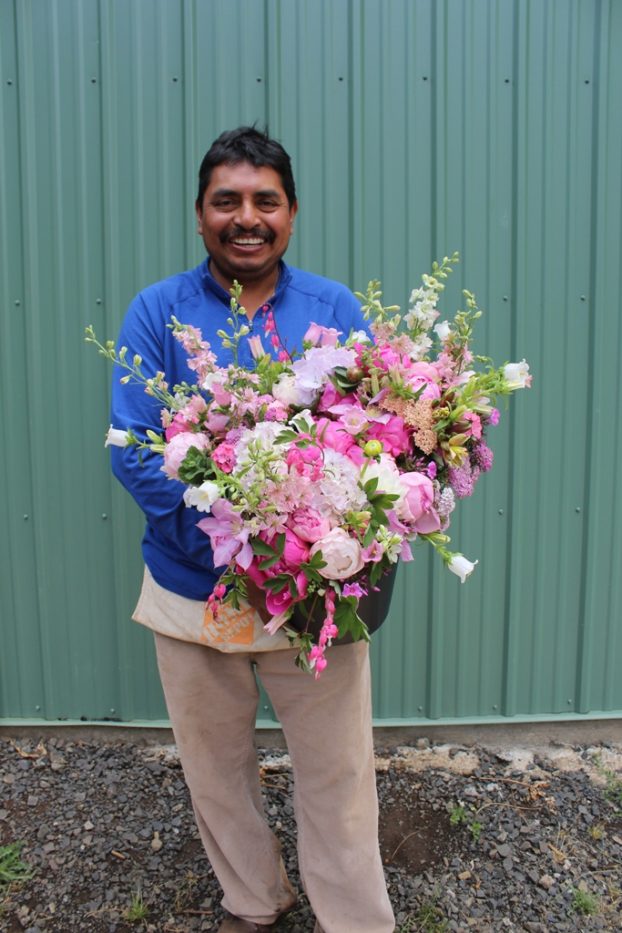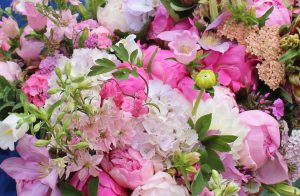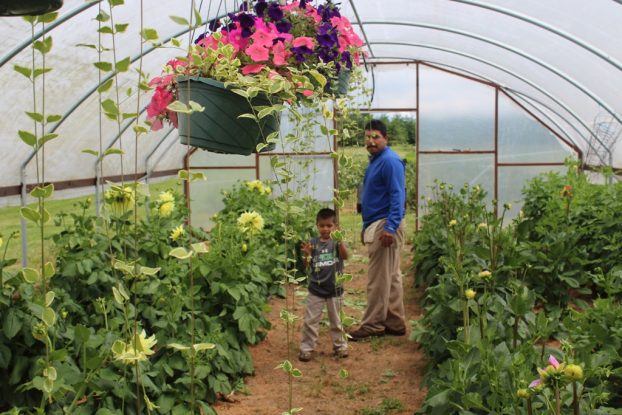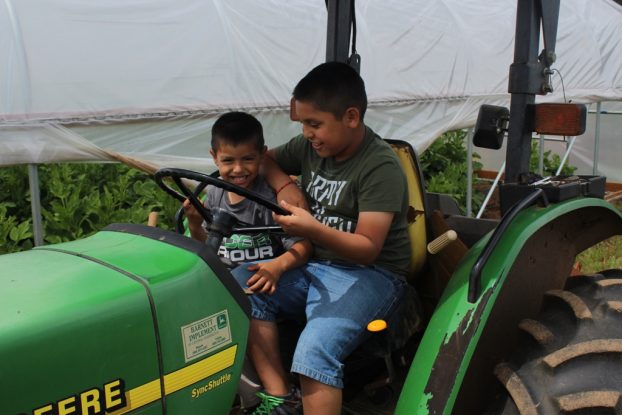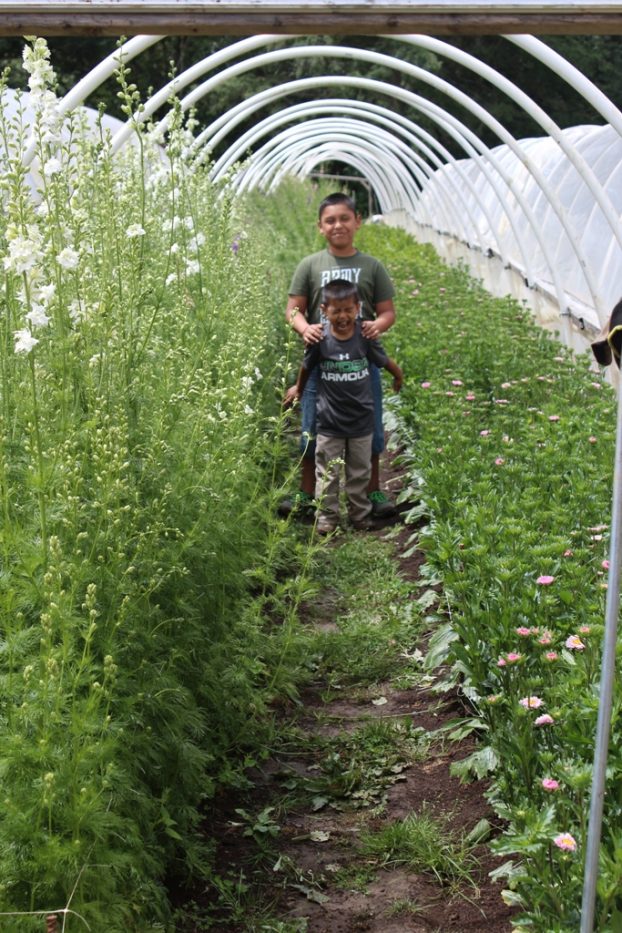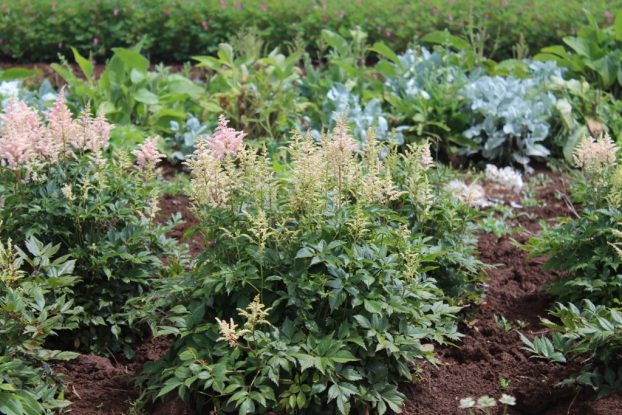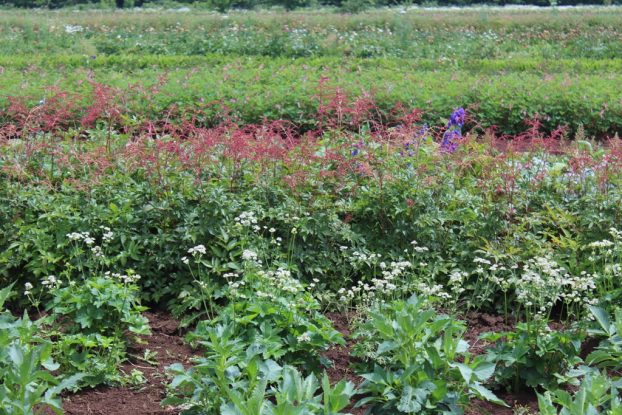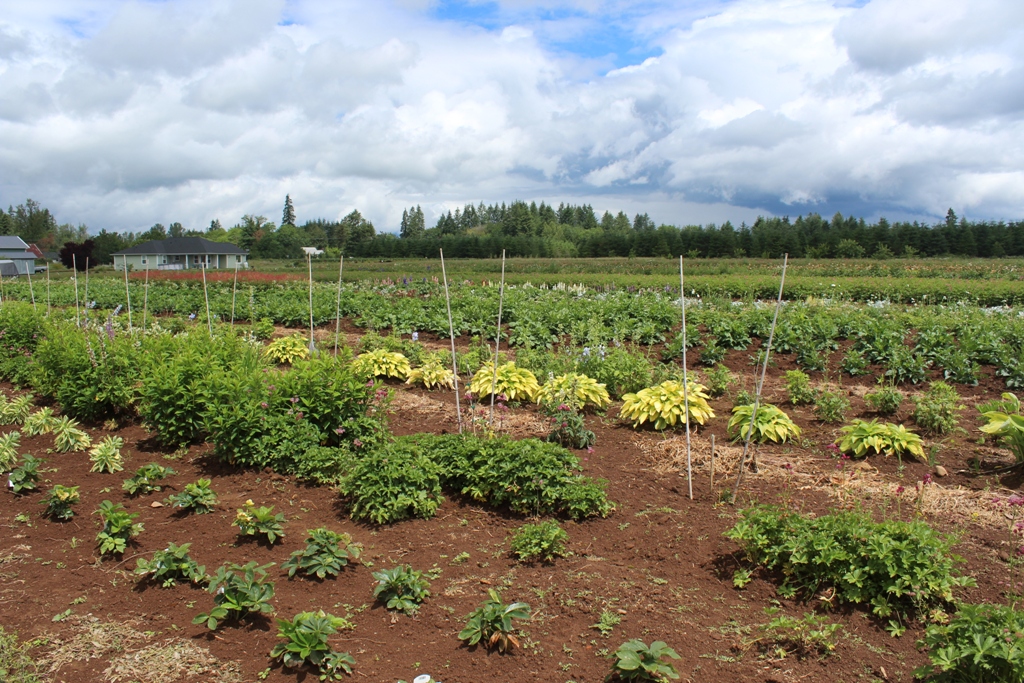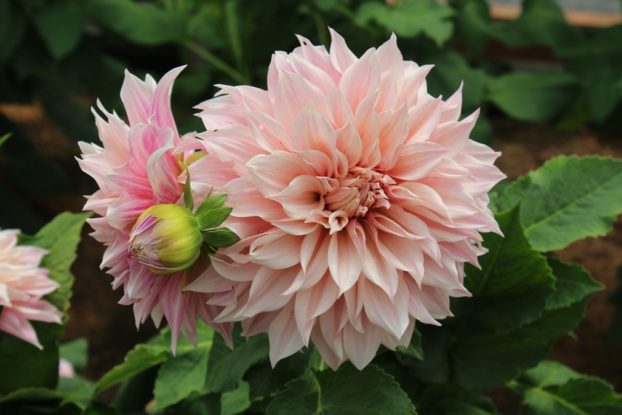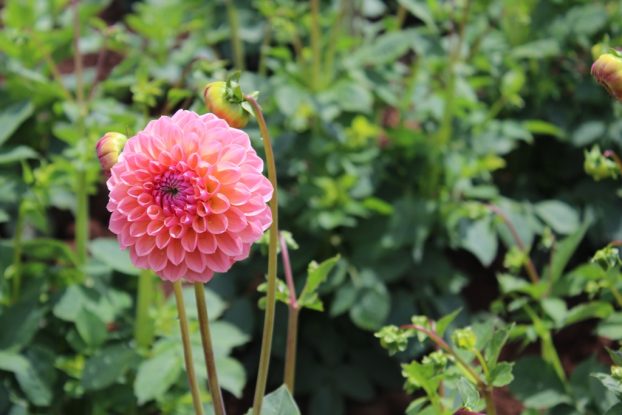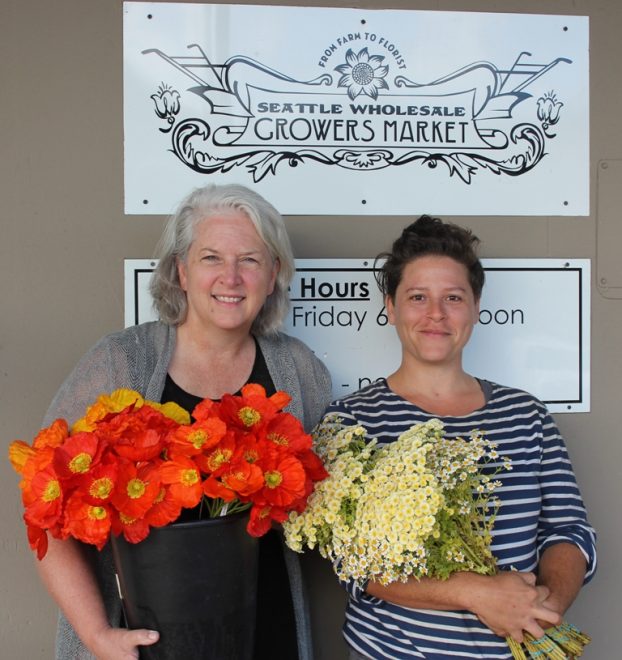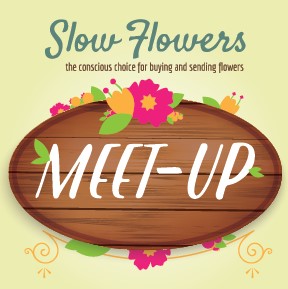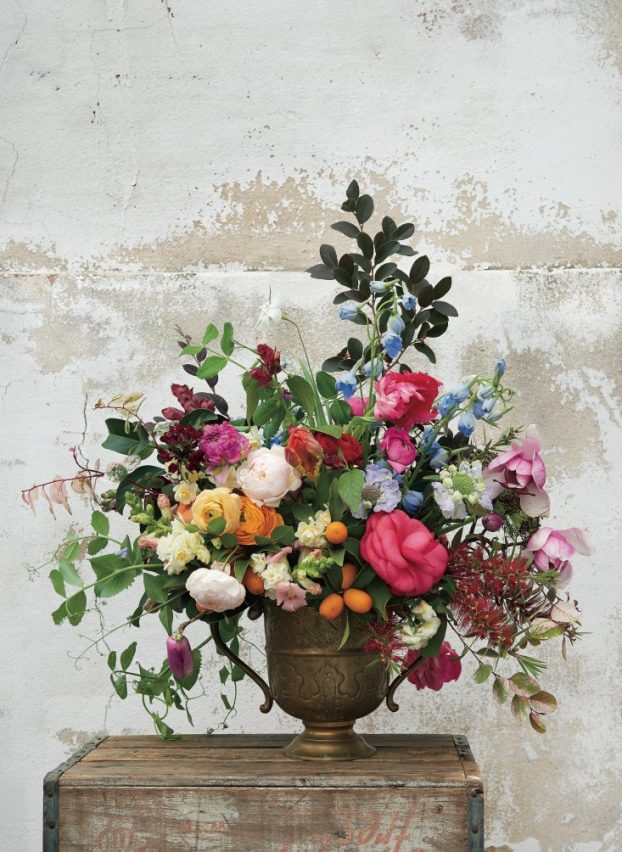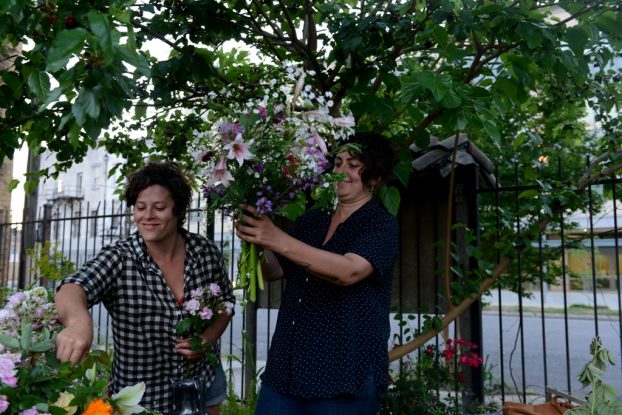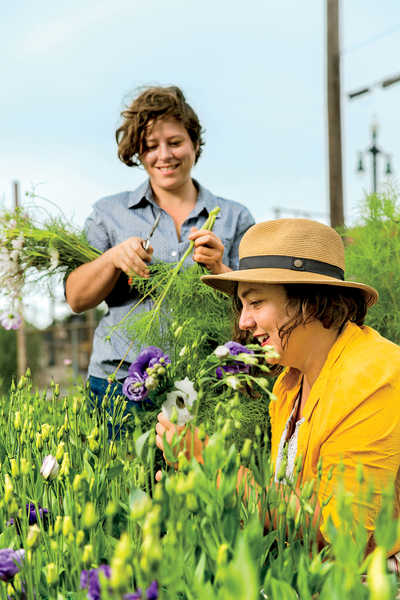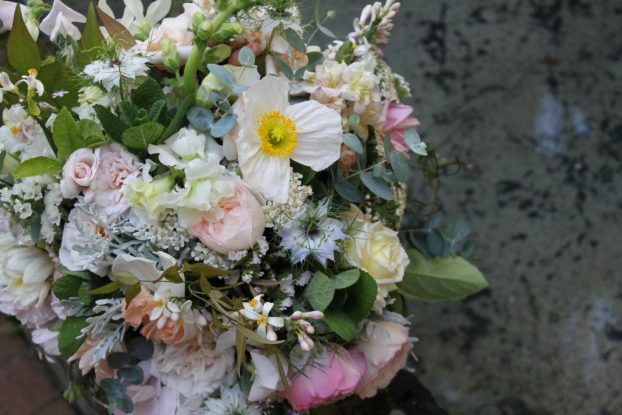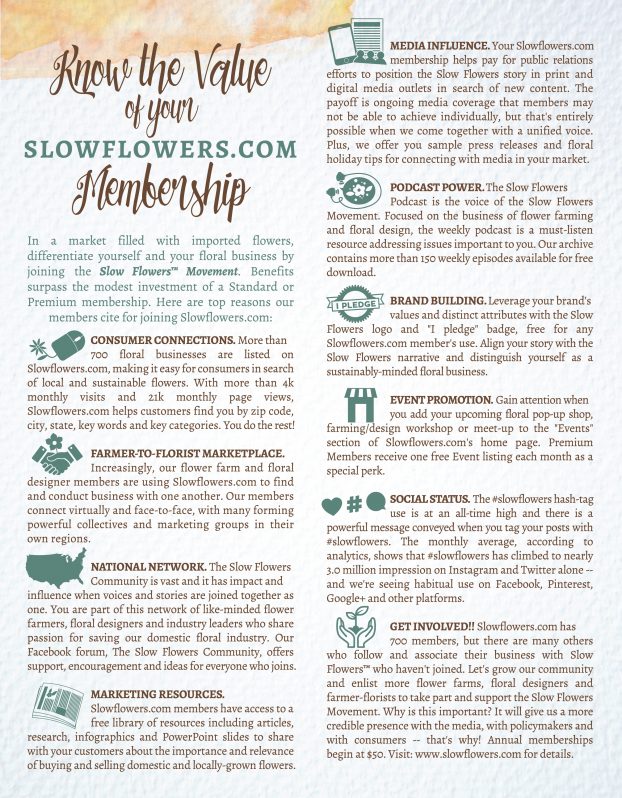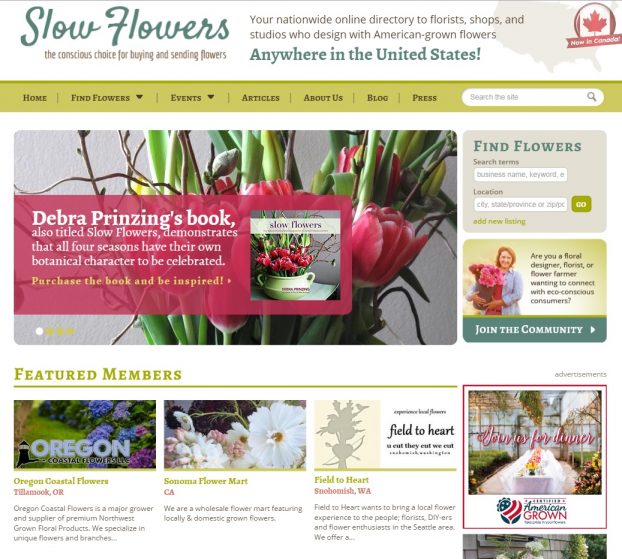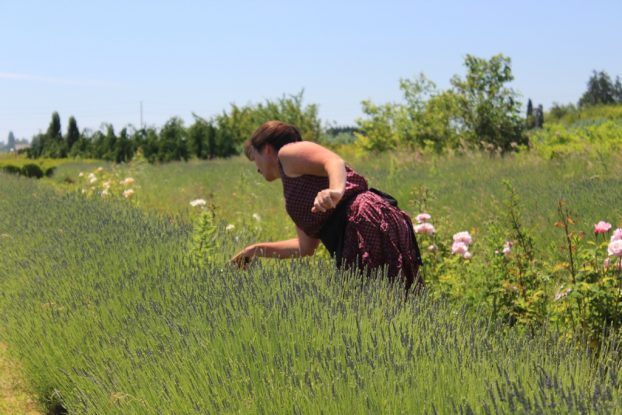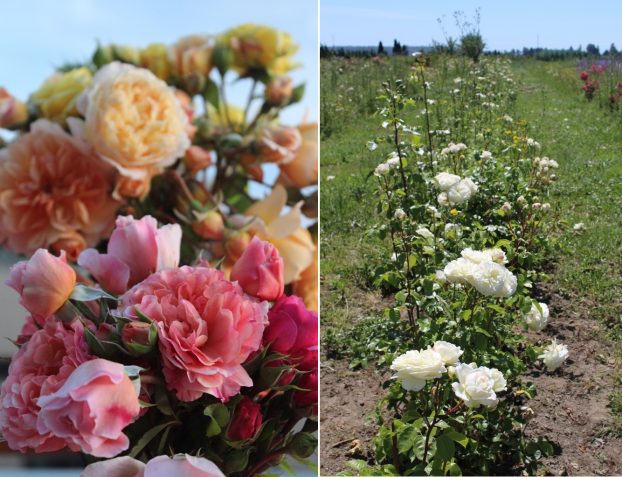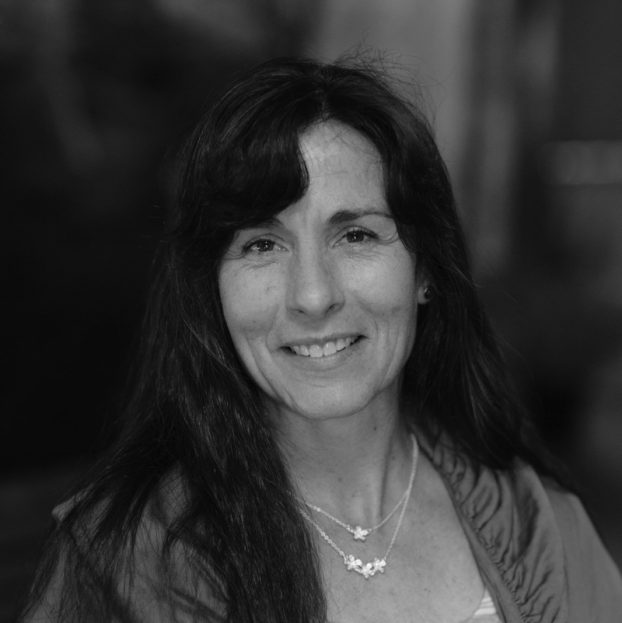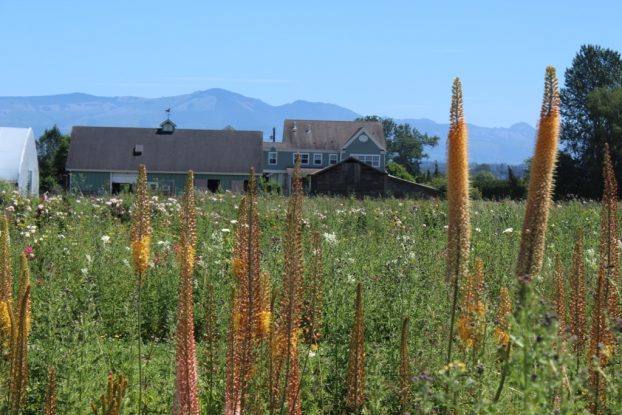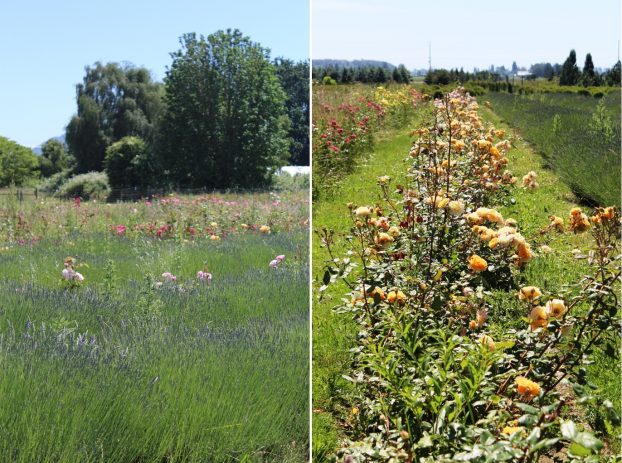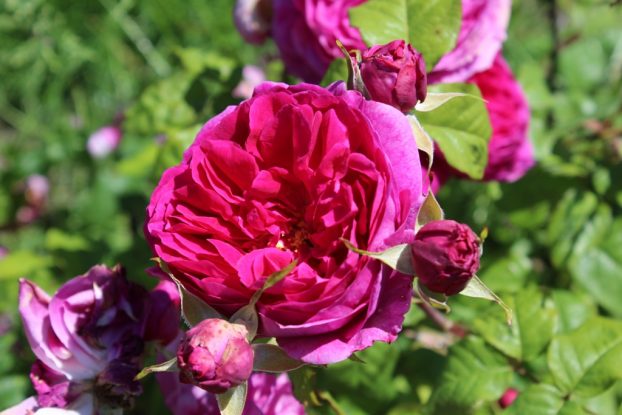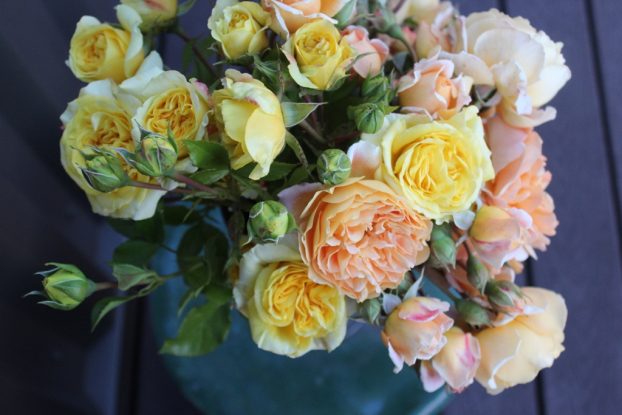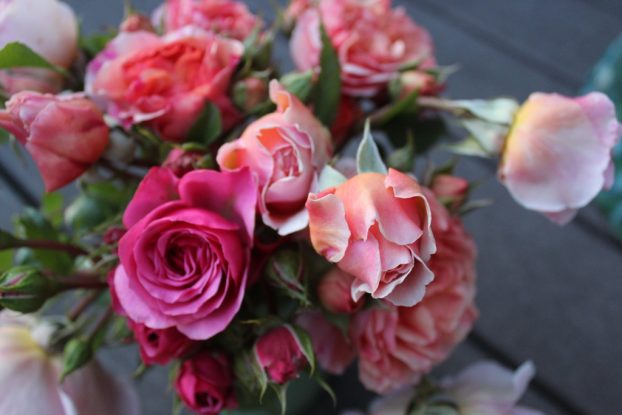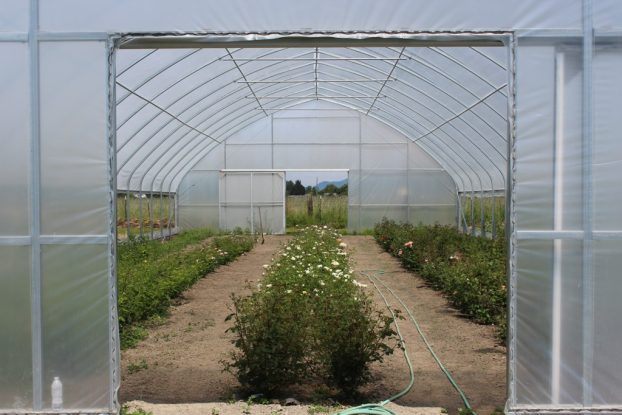Podcast: Play in new window | Download
Subscribe: Apple Podcasts | Podcast Index | RSS | More

2016 National Conference: Grand Rapids is the destination for four full days of Flower Farming topics, people and more!
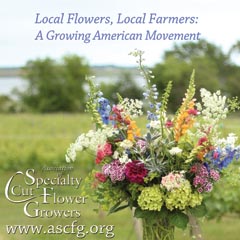 You may have noticed that Slow Flowers and the Association of Specialty Cut Flower Growers, or ASCFG, have teamed up for the coming year to cross-promote and cross-sponsor each others’ programming and marketing.
You may have noticed that Slow Flowers and the Association of Specialty Cut Flower Growers, or ASCFG, have teamed up for the coming year to cross-promote and cross-sponsor each others’ programming and marketing.
Slow Flowers and ASCFG has partnered in smaller ways in the past, including my giving a presentation at the 2012 Conference in Tacoma and supporting fundraising efforts for the ASCFG Foundation.
ASCFG has featured Slow Flowers in its popular publication, the Cut Flower Quarterly, and I featured ASCFG in my book, The 50 Mile Bouquet and in past podcasts. Now, we’ve formalized this mutually beneficial relationship with a formal sponsorship agreement.
Slow Flowers is the new media sponsor for the 2016 ASCFG Conference, November 6-9 in Grand Rapids, Michigan, and ASCFG has joined our awesome family of sponsors for Slowflowers.com, the Slow Flowers Podcast and American Flowers Week 2017.
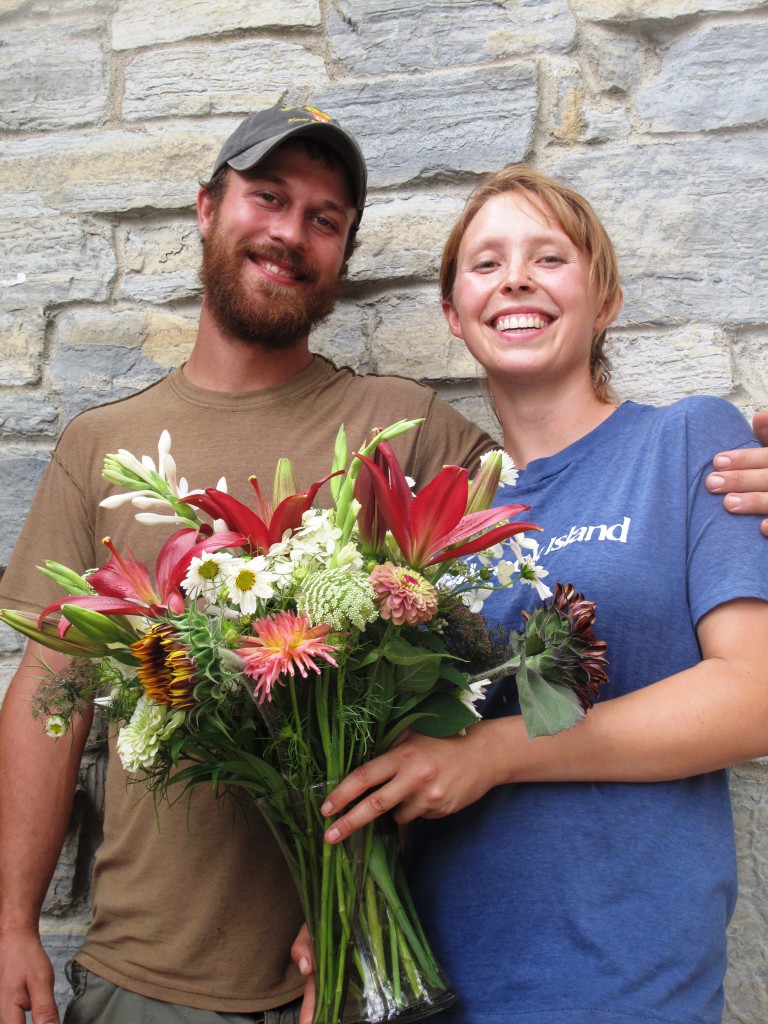 To kick off this partnership, I’ve invited two past guests of this podcast to return and share a preview of the upcoming ASCFG conference. Gretel and Steve Adams are owners of Sunny Meadows Flower Farm, based in Columbus, Ohio.
To kick off this partnership, I’ve invited two past guests of this podcast to return and share a preview of the upcoming ASCFG conference. Gretel and Steve Adams are owners of Sunny Meadows Flower Farm, based in Columbus, Ohio.
I met Steve and Gretel in 2010 in Tulsa, Oklahoma, the first time any of us had attended a national ASCFG Conference. They impressed me with how eager they were to learn from flower farmers who were more established than they were, and how naturally they seemed to soak up advice, lessons and knowledge from their peers.
A couple years later, I found myself lecturing and teaching in Cincinnati, Ohio. I called up Steve and Gretel and invited myself for a visit. I drove a few hours to Columbus and enjoyed a fabulous Sunday morning touring Sunny Meadows Flower Farm and getting to know this couple better.
When I invited Gretel and Steve to be guests on the Slow Flowers Podcast in January 2014, I called them “young flower farmers whose creativity and determination to earn a living from their land.”
Our relationship inspired me to pitch a story about Sunny Meadows Flower Farm to my editor James Baggett at Country Gardens — He said YES and we I met in Columbus two summers ago to work with the very gifted photographer Kritsada to produce a story about Gretel and Steve.
As we discuss in this episode, that article and Sunny Meadows Flower Farm’s story has been very popular. Meredith Publishing, owner of Country Gardens and Better Homes & Gardens, has run our piece two subsequent times, including the recent appearance of Gretel and Steve on the cover of the premiere issue of Living the Country Life’s rebrand for the Spring-Summer 2016 issue.
For this episode, I caught up with Steve and Gretel Adams via Skype, recorded over Labor Day Weekend when they were giving themselves a rare “day off.”
We previewed their three presentations scheduled for ASCFG conference, including Gretel’s participation on a panel called ‘Wedding Designs from the Farm’ with Rita Anders of Cuts of Color in Weimar, Texas, and Jennie Love of Love ‘n Fresh Flowers, Philadelphia, past guests of the Slow Flowers Podcast.
Steve and Gretel will also be part of a panel called Scaling Up the Farm, with Heidi Joynt of Field and Florist outside Chicago, Illinois, and Lennie Larkin of B-Side Farm in Sebastopol, California — also past guests of this Podcast.
Then, you’ll hear from the couple during their one-hour presentation, “Business, Business, Business,” which examines topics that flower farmers juggle besides growing great flowers. They will share how they keep their business going while dealing with crew, florists, grocery stores, suppliers, paperwork, weddings, and more, all while still liking each other at the end of the day.
Thanks for joining today’s conversation. I look forward to seeing many of you in early November at the ASCFG Conference in Grand Rapids. ASCFG recently announced that the Sunday, November 6th Growers School is sold-out, as is the Wednesday, November 9th Tour Day, due to space limitations. You can still attend for the full two days — Monday & Tuesday — of speaker sessions, the trade show, banquet and auction. Follow a link at debraprinzing.com to check out registration rates, hotel information and other details of the ASCFG Conference. UPDATE: As of Air Date, Wednesday, September 21st, there are only 10 registration spaces left for the speaker sessions on Monday & Tuesday!
The Slow Flowers Podcast has been downloaded more than 118,000 times by listeners like you. THANK YOU to each one of you for downloading, listening, commenting and sharing. It means so much.
Thank you to our lead sponsor for 2016: Certified American Grown Flowers. The Certified American-Grown program and label provide a guarantee for designers and consumers on the source of their flowers. Take pride in your flowers and buy with confidence, ask for Certified American Grown Flowers. To learn more visit americangrownflowers.org.
More sponsor thanks goes to Syndicate Sales, an American manufacturer of vases and accessories for the professional florist. Look for the American Flag Icon to find Syndicate’s USA-made products and join the Syndicate Stars loyalty program at syndicatesales.com.
A big bouquet of thanks goes to Longfield Gardens… providing home gardeners with high quality flower bulbs and perennials. Their online store offers plants for every region and every season, from tulips and daffodils to dahlias, caladiums and amaryllis. Visit them at lfgardens.com.
A fond thank you Arctic Alaska Peonies, a cooperative of 50 family farms in the heart of Alaska providing high quality, American Grown peony flowers during the months of July and August. Visit them today at arcticalaskapeonies.com.
And finally, Welcome to our new sponsor, the Association of Specialty Cut Flower Growers. Formed in 1988, ASCFG was created to educate, unite, and support commercial cut flower growers. It mission is to help growers produce high-quality floral material, and to foster and promote the local availability of that product. Learn more at ascfg.org.
Next week, you’re invited to join me in putting more American grown flowers on the table, one vase at a time. And If you like what you hear, please consider logging onto Itunes and posting a listener review.
The content and opinions expressed here are either mine alone or those of my guests alone, independent of any podcast sponsor or other person, company or organization.
The Slow Flowers Podcast is engineered and edited by Andrew and Hannah Brenlan. Learn more about their work at shellandtree.com.









